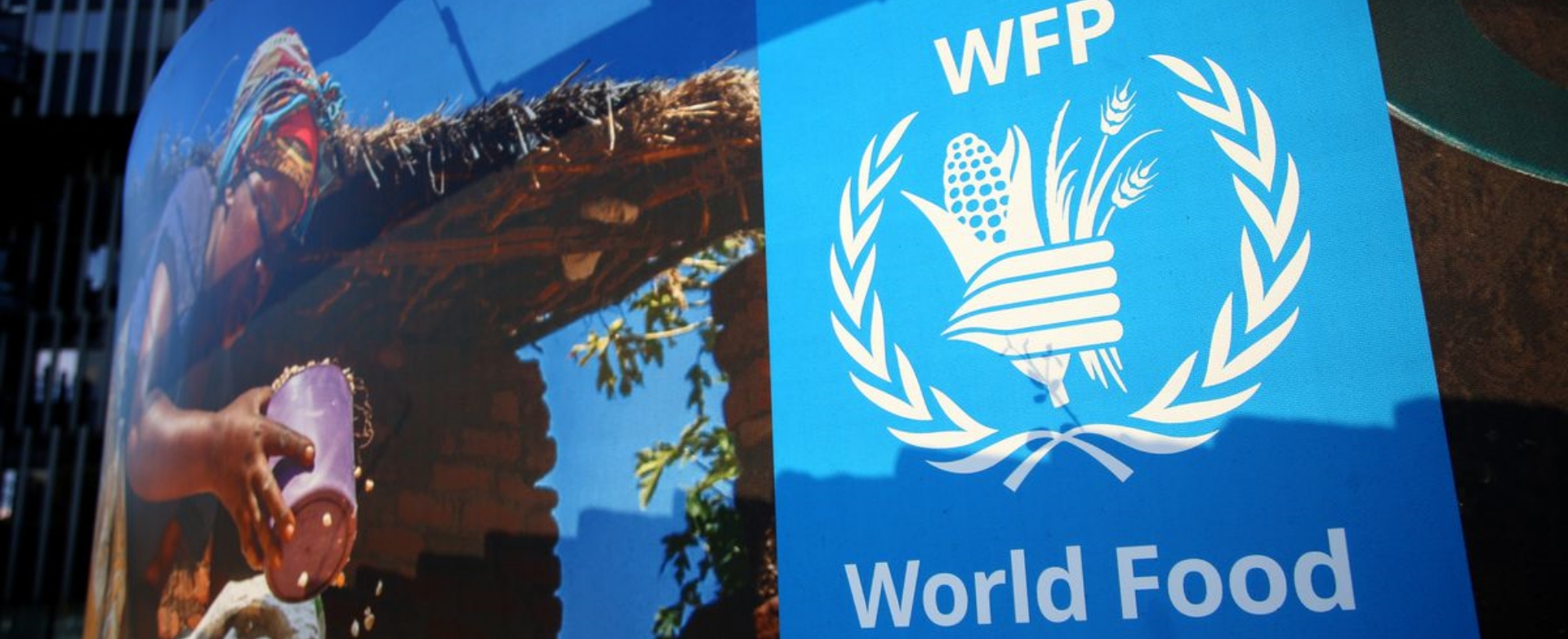Filters
Presidential Initiative “100 Million Seha”
In 2019, the Ministry of Health launched a program as part of the Presidential Initiative "100 Million Seha" to detect diseases related to malnutrition among schoolchildren, such as Obesity, Anemia and Stunting.
Presidential initiative “Haya Karima” Decent life
It is a comprehensive rural development program that aims to ensure quality of life by alleviating, multidimensional poverty. The program aims to expand the Social Safety Net (SSN) to include the neediest villages with a focus on meeting their social and economic needs.
Prior to the implementation of the "Decent Life" initiative, the national poverty rate reached 32.5% in 2017/2018 and is mainly concentrated in rural communities, especially in Upper Egypt. Therefore, the government decided to expand the scope of the social protection and poverty reduction program and launch the first phase of a decent life in January 2019 to target the 375 poorest villages, adding that in 2019/2020 the poverty rate decreased to 29.7%, and compared to 2017/2018 and 2019/ 2020, poverty in rural villages decreased by 3.6% and this indicates the significant positive impact of decent life interventions on poverty, especially in Upper Egypt.
In 2021, the second and third phases of the Decent Life Initiative were launched, targeting all rural villages (4,584 villages) with a budget of more than 800 billion LE.
Interventions within the framework of a decent life, also focused on job creation, which has helped mitigate the negative effects of COVID-19 on employment during the pandemic, in addition to: providing all infrastructure, facilities, health and educational services, sports, and cultural activities.
WFP supports the Egyptian government through implementing its activities within the “Decent Life” framework and towards achieving EGYPT-VISION 2030.
Recent National Projects
- The government is currently building a 37 square kilometres solar park with 41 power plants in Benban, Aswan, Egypt. The park is set to be the World's largest solar photovoltaic park upon completion.
- The Ministry of Environment through the Egyptian Environmental Affairs Agency (EEAA) established an association for biogas development and partnership with the National Bank of Kuwait, to develop 60 additional gas units in Menia, Upper Egypt.
Rural Agribusiness Strengthening
Through the Egypt Rural Agribusiness Strengthening activity, USAID helps farmers in Upper Egypt and the Delta become more self-reliant and grow marketable crops that meet international standards for exporting. Under the U.S. Government’s global hunger and food security initiative, “Feed the Future”, Egyptian farmers and food processors are establishing connections to domestic and international markets, gaining access to finance, and increasing their adherence to food and safety practices. Additionally, the activity assists Egyptian agribusinesses in modernizing their food technology and delivery systems by upgrading processing facilities, refrigeration trucks, and water-efficient irrigation systems. This activity builds on USAID’s previous investments in Egypt’s agricultural sector, including in irrigation infrastructure, establishment of agricultural associations, and training programs to help farmers transition from traditional staple crops to high-value horticulture.
Smart Schools
The Egyptian government and WFP collaborate to upscale rural development and improve the lives and livelihoods of Egyptians in the poorest 1500 villages. One of the methods of ensuring this is through the smart schools or TDS “The digital School” initiative which transforms a community school into an integrated centre of knowledge for all members of the community.
WFP in partnership with the Ministry of Education, have transformed 450 community schools into smart schools with internet connectivity, educational and technological tools. WFP further collaborated with the MBRGI Foundation and the TDS initiative to rollout a custom tailored version of TDS for community education on top of our ICT infrastructure, taking into consideration all the needed change management and training activities
The smart schools concept is an innovative boost to the wider vision to enhance access to education and fight child labour in Egypt’s rural communities. Smart schools vastly improve access to education through remote learning and an online integrated learning management system. Thanks to internet connectivity and technological tools such as tablets and smart tv’s, children can be educated from the comfort of their communities. Moreover these tools entice children and further boosts their morale to attend school.
Solar-Powered Smart Hubs
These solar-powered smart hubs, aim to help in the rapid rural transformation of Madagascar by providing green energy and digital platforms that support food security efforts through providing a range of services including agriculture, healthcare, education, telecom, rural electrification, water & sanitation and entrepreneurship targeting mainly the remote areas.
Sustainable Water and Electricity Sourcing
In support of Bedouin communities in the governorate of Matrouh, WFP, the Ministry of Education and Technical Education established 14 rainwater harvesting wells and solar panel arrays, allowing for sustainable and environmental sourcing of water and electricity for community schools. While contributing to Egypt’s national target of 42 percent reliance on solar power, these improvements also resulted in a notable difference for students who previously struggled with water and electricity cuts.
Takaful and Karama (solidarity and dignity)
This is a conditional cash transfer initiative launched by the Ministry of Social Solidarity as a national social safety-net mechanism to protect the poor through income support. The program is one of Egypt's largest human capital development investments supporting millions of Egyptian families with monthly cash transfers.

